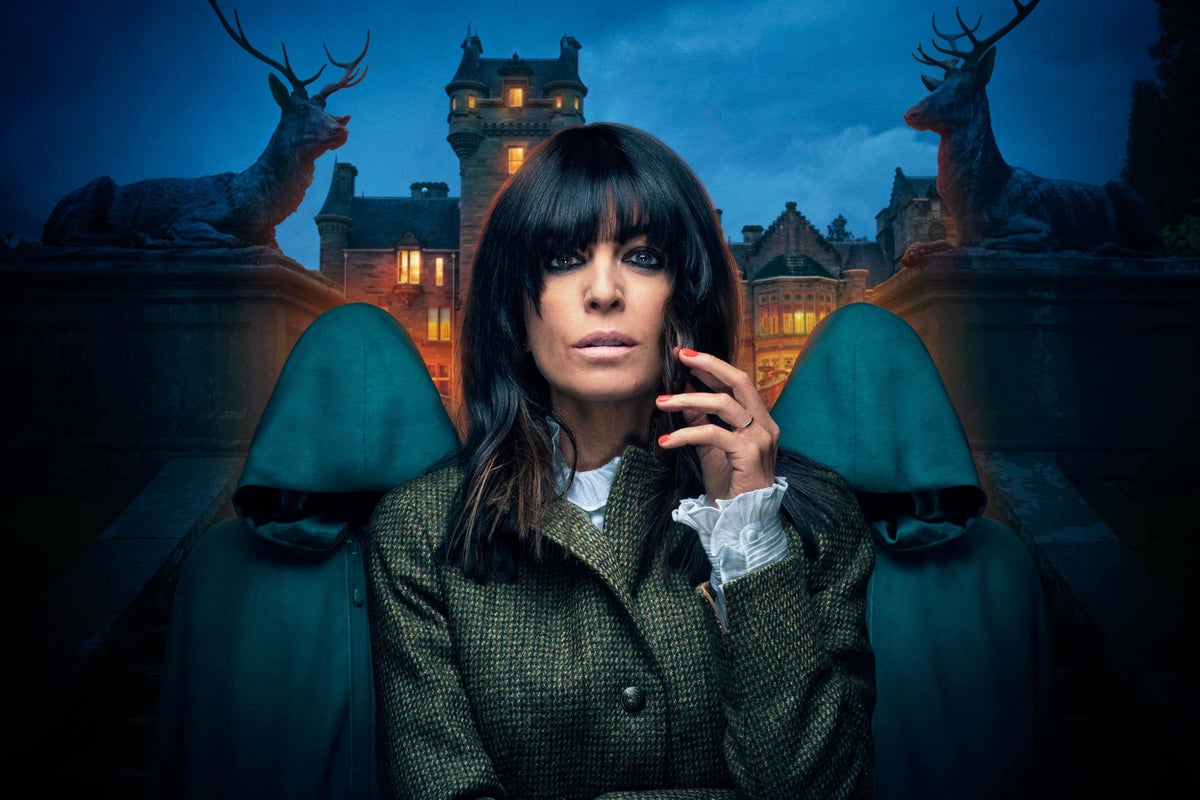
New reality show The Traitors – with Claudia Winkleman at the helm – has seen contestants go on a rollercoaster of deceit, accusation, delusion and most of all, emotion – with few showing as much emotion as the male contestants.
The BBC reality show – based on a Dutch format called De Verraders and set in a Scottish castle – sees people completing tasks as a team to earn up to £120,000, while avoiding being ‘murdered’ or ‘banished’ by several people named as ‘traitors’. If only the traitors are left at the end, they take the cash.
Amid brutal eliminations, lies and a dramatic twist bringing back axed contestants, several of the men – Aaron, Ivan, Wilfred and Theo – have all been filmed in tears at some point.
For the growing audience of the 12-part series, it’s a refreshing change from some of the behaviours seen on other reality shows, like Love Island – where male contestants have been accused of toxic masculinity, bullying and gaslighting.
The Traitors has seen open conversations about disability, neurodiversity, and clear examples of men expressing emotions in a healthy way – as contestants try to work out who is deceiving the group.
“We have engrained cultural stereotypes for how men should and shouldn’t behave in society,” says Dr Elena Touroni, a consultant psychologist and co-founder of The Chelsea Psychology Clinic (thechelseapsychologyclinic.com).
“A key part of this is the belief that men should be seen to be ‘strong’ and manage their emotions. Vulnerability is sometimes seen as a weakness instead of the strength that it is.”
In recent years, it’s becoming more common “for men and boys to be raised with the narrative of it being more normal and human to actually express emotion”, says Dr Marianne Trent, clinical psychologist at Good Thinking Psychological Services (goodthinkingpsychology.co.uk).
“[In The Traitors] there are going to be very complicated feelings; people feeling let down and misled or manipulated, and to see a normal reaction to those difficult human circumstances is a really nice thing – particularly when being portrayed as universally accepted and acceptable.”
And seeing this on TV, particularly reality TV, helps normalise emotional reactions to emotional events – particularly for men and boys.
“Watching men being emotional on TV is important as it allows other men to see that it’s a positive thing to be in touch with our emotions. In a sense, it’s a chance to model this way of being honest with ourselves and others,” says Touroni.
Our understanding of emotional health in general is gaining traction and now it’s finally coming to the surface on reality TV too. “Modelling healthy emotional wellbeing can only be beneficial, regardless of gender,” she adds.
Both male and female contestants haven’t been afraid to walk away when emotions are too much and take a minute for themselves.
Touroni says: “Hopefully it spurs [the audience] on to start their own journey into the emotional self. If they are the type of person who tends to bottle things up, it may encourage them to get in touch with their emotions and more readily share how they’re feeling with their loved ones.”
The Traitors continues on BBC One on Thursday at 9pm.







